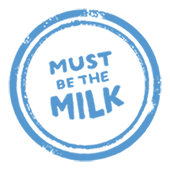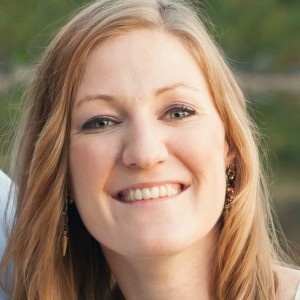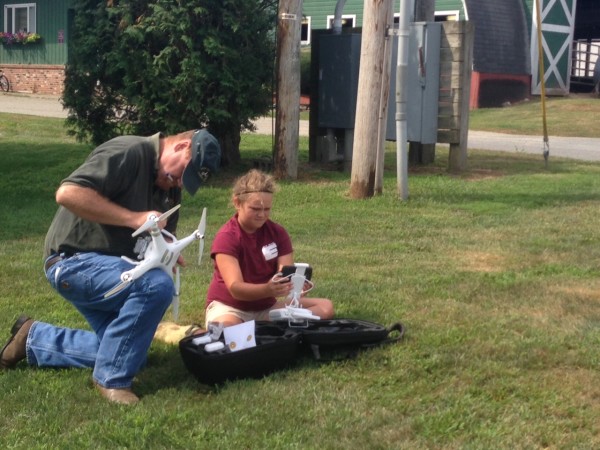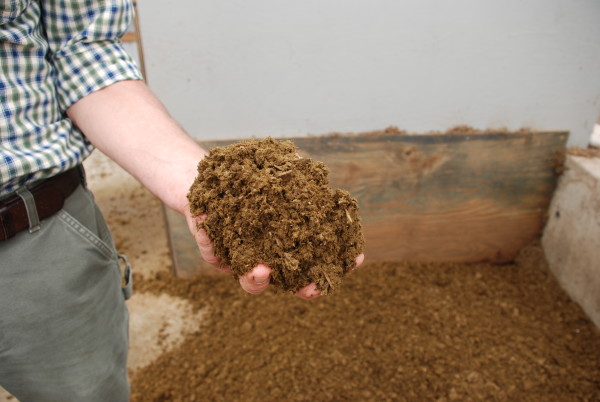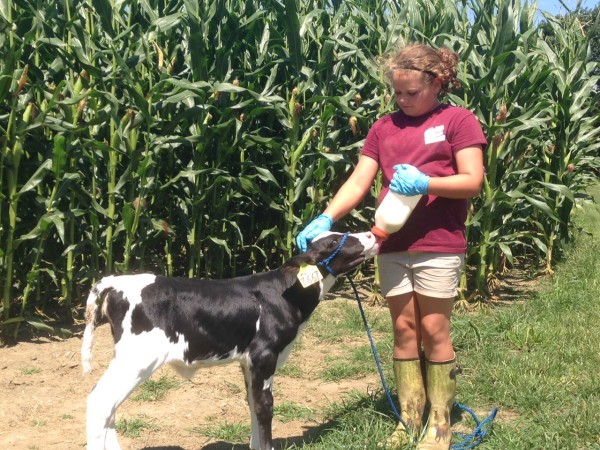If you spend a day on a modern dairy farm – you’ll quickly find out that farmers are an innovative bunch. Did you know that farmers use a combination of mobile apps to keep track of everything from their corn harvests to the map of their fields? Or that farmers use perfectly good food leftovers to feed their cows? A Connecticut farm feeds their cows leftover potato peels from the local Lays® factory – turning potential food waste into a nutritious snack.
We recently visited Vern-Mont Farm in Vernon, Vermont to check in with farmer, Jeff Dunklee on how he runs his farm. Here’s our top 5 list of things you might not know about dairy farming from our friends at Vern-Mont farm:
5. Farmers use drones!
Drones have become popular over the past several years and now farmers are using them too. Vern-Mont farm uses their drone to take pictures and video of their cornfields. The drone allows them, for the first time, to see the inner rows of their fields. They check to make sure their corn is healthy and look for critters, small and large, that might be snacking on it.
Jeff also uses the drone to check out how full his tall manure pit is. Instead of climbing up a 25 ft. ladder, he flies the drone over the pit to check the level of manure – this is not only safer, but also a much easier way to know when the manure pit needs to be emptied.
4. Farms produce their own energy & cow bedding
Many farms create their own sustainable source of power and comfy bedding for their cows to lay on – all from their cow’s manure! Manure is put through a digester machine which converts the methane gas from the manure into electricity. One cow’s waste can produce enough electricity to power two 100-watt light bulbs 24 hours a day!
At Vern-Mont farm, the digested manure is processed through a mechanical separator. The odorless solids that are a bi-product are used to replace sawdust as bedding for the cows. Rather than purchasing bedding from outside sources, this is a continuous cycle of reusing the farm’s existing resources.
3. 97% of farms are family owned
Vern-Mont farm has been in the family for five generations. Jeff’s great-great-grandfather, Nelson Dunkley, settled in Vernon, Vermont in 1856. He was born in 1812 in southern Vermont. In the late 1890s he purchased cropland in Vernon and by World War I had expanded. He built a barn and expanded to about 120 Jerseys. He purchased the first milking machines and the first tractor in the area – a 1918 International. Today, the barn he originally built is still a part of the farm and the farm has 570 cows.
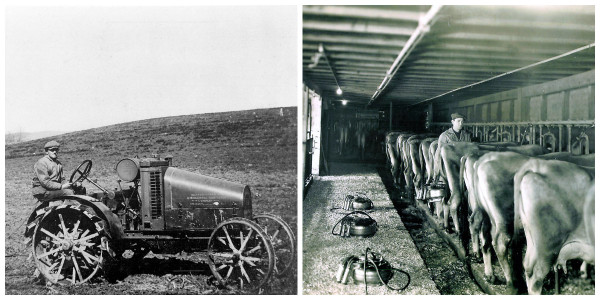
2. Just because a farm has “Inc.” or “LLC” in the name it doesn’t mean it’s a factory farm
Vern-Mont farm is an LLC because it is a business, but that doesn’t mean it is a large corporate owned farm. The farm has less than 10 employees and has been a family-owned business for over 100 years. Jeff’s daughter, Whitney, is growing up on the farm and helps out with the calf chores.
1. Healthy soil means a healthy farm
Vern-Mont is located near the Connecticut River and that means that the soil is naturally fertile and pretty much the gold standard in soils. That means that the farm can produce more crops from their 700 acres than a farm with the same amount of sandy soil, for example. Vern-Mont Farm’s productive soil means they don’t have to farm as many acres. Healthy soil, like at the Vern-Mont farm, is key to feeding a growing global population.
To learn more about Vern-Mont farm, check out the video from our visit!
